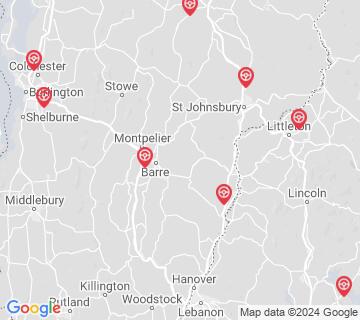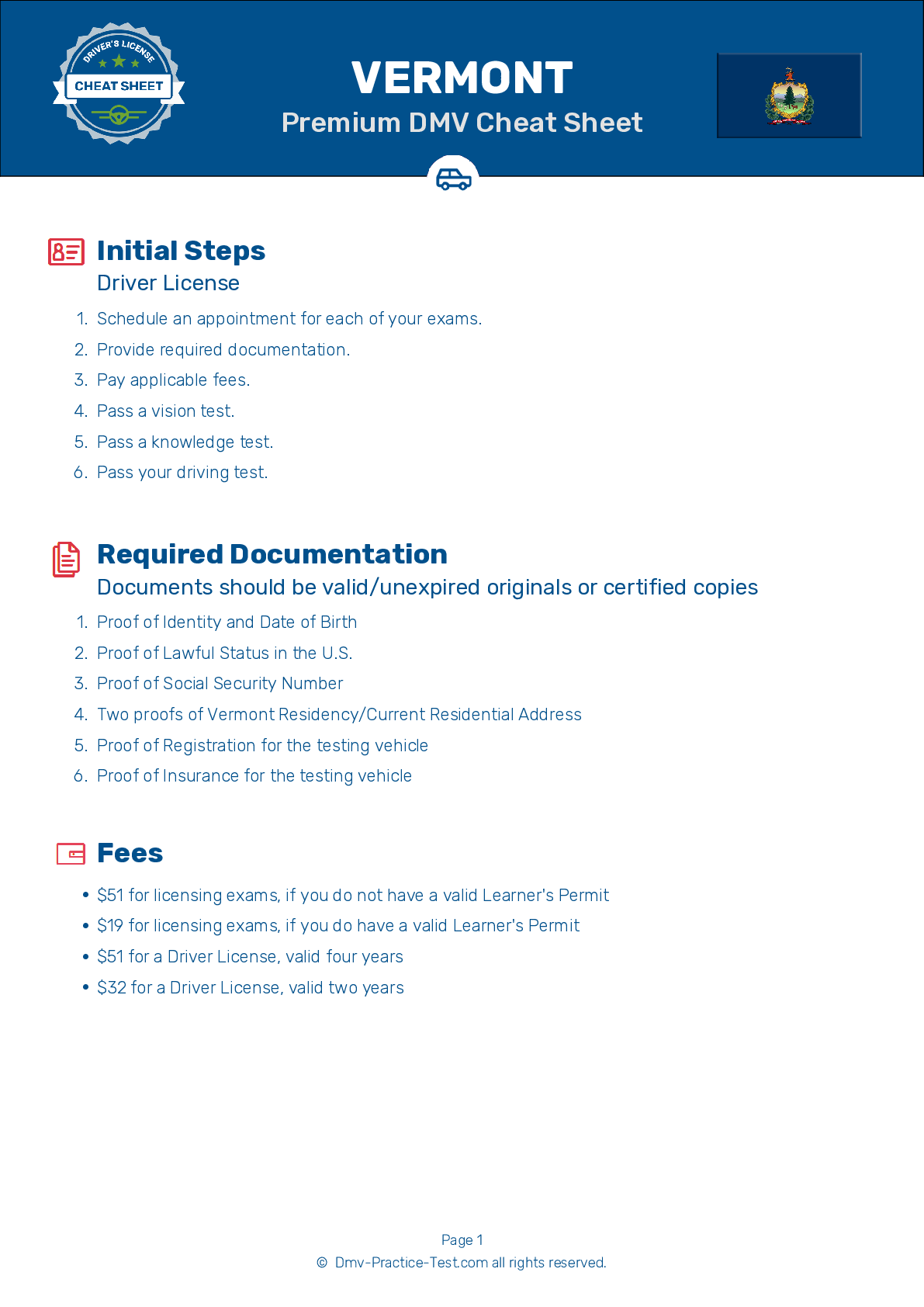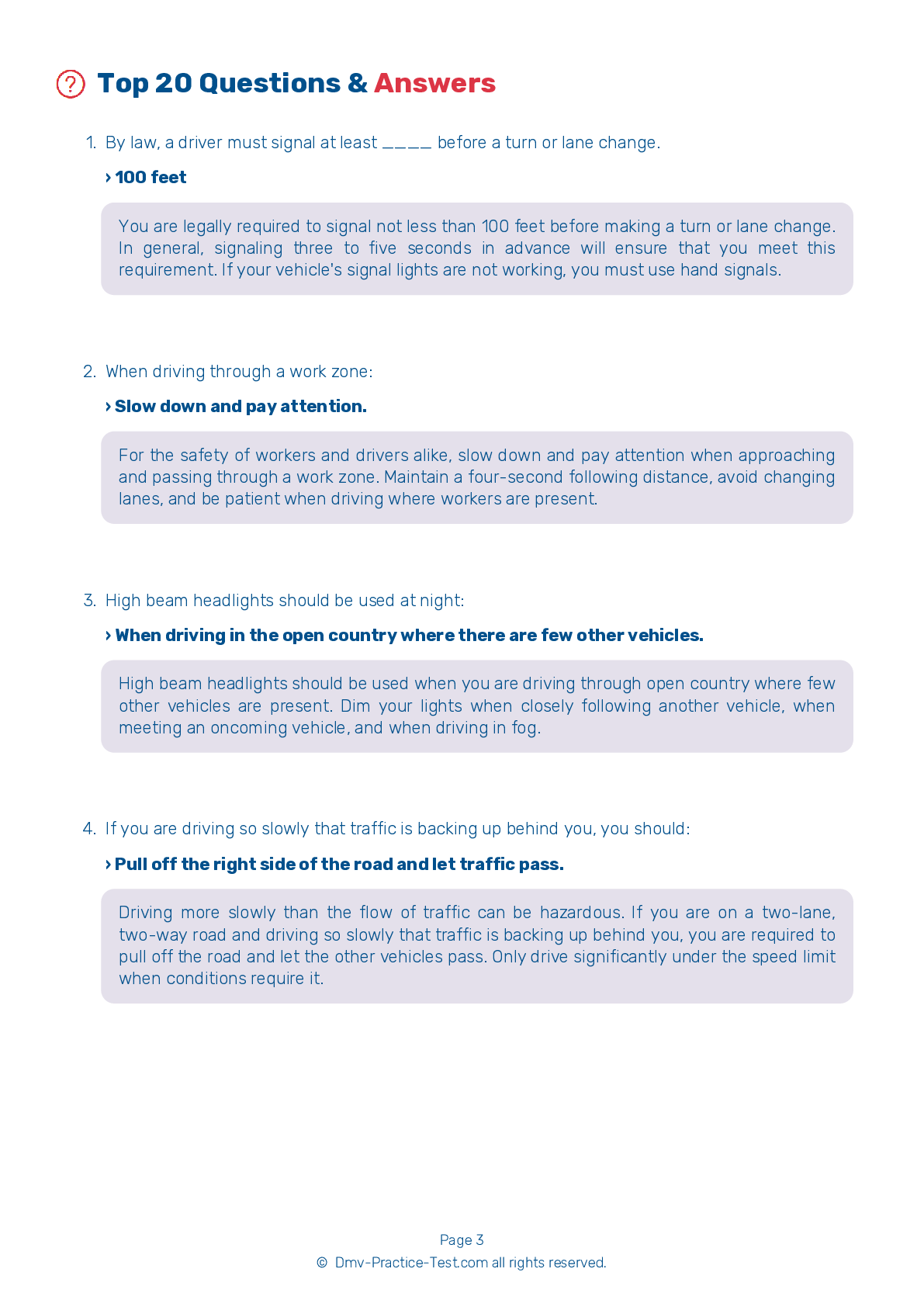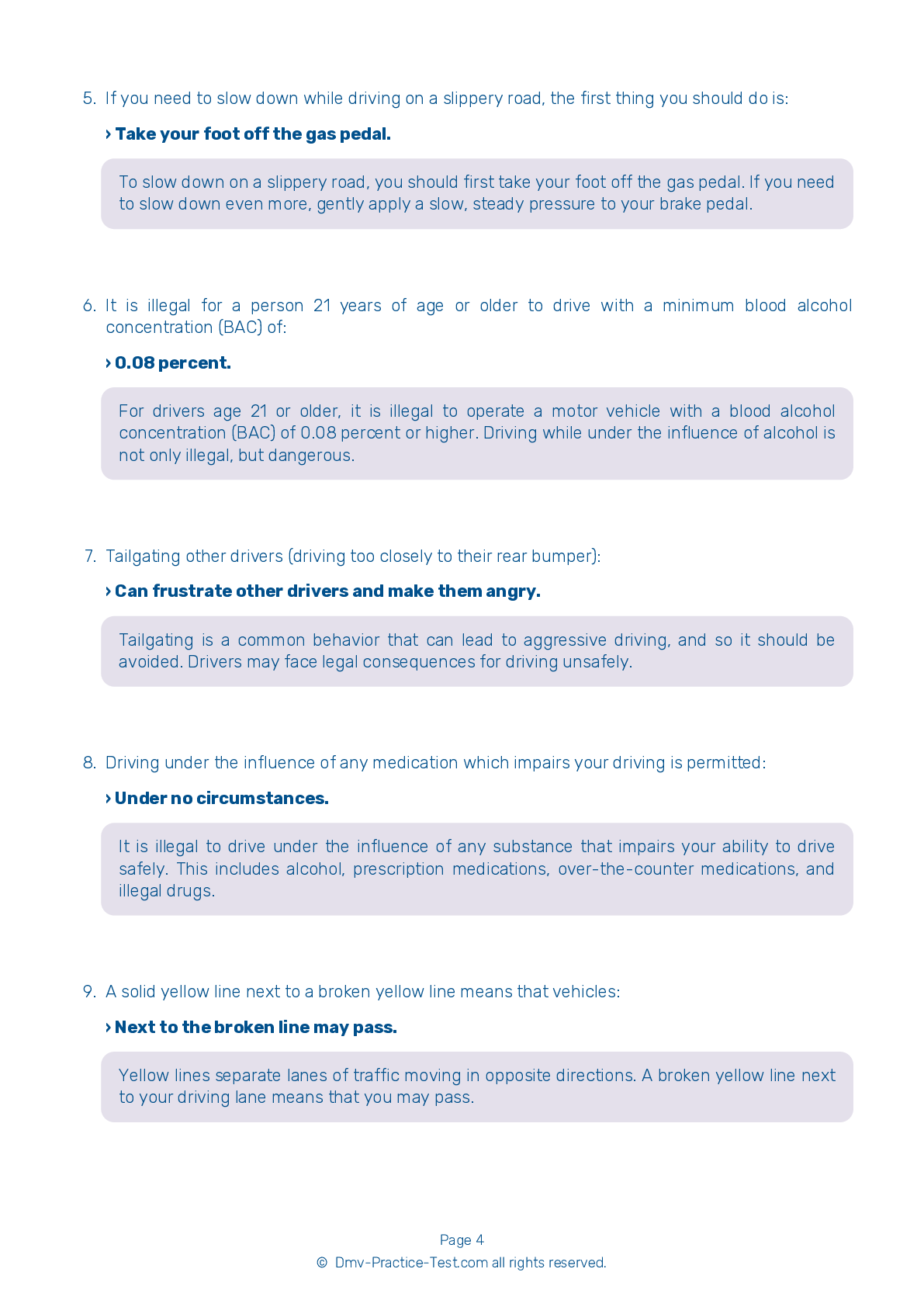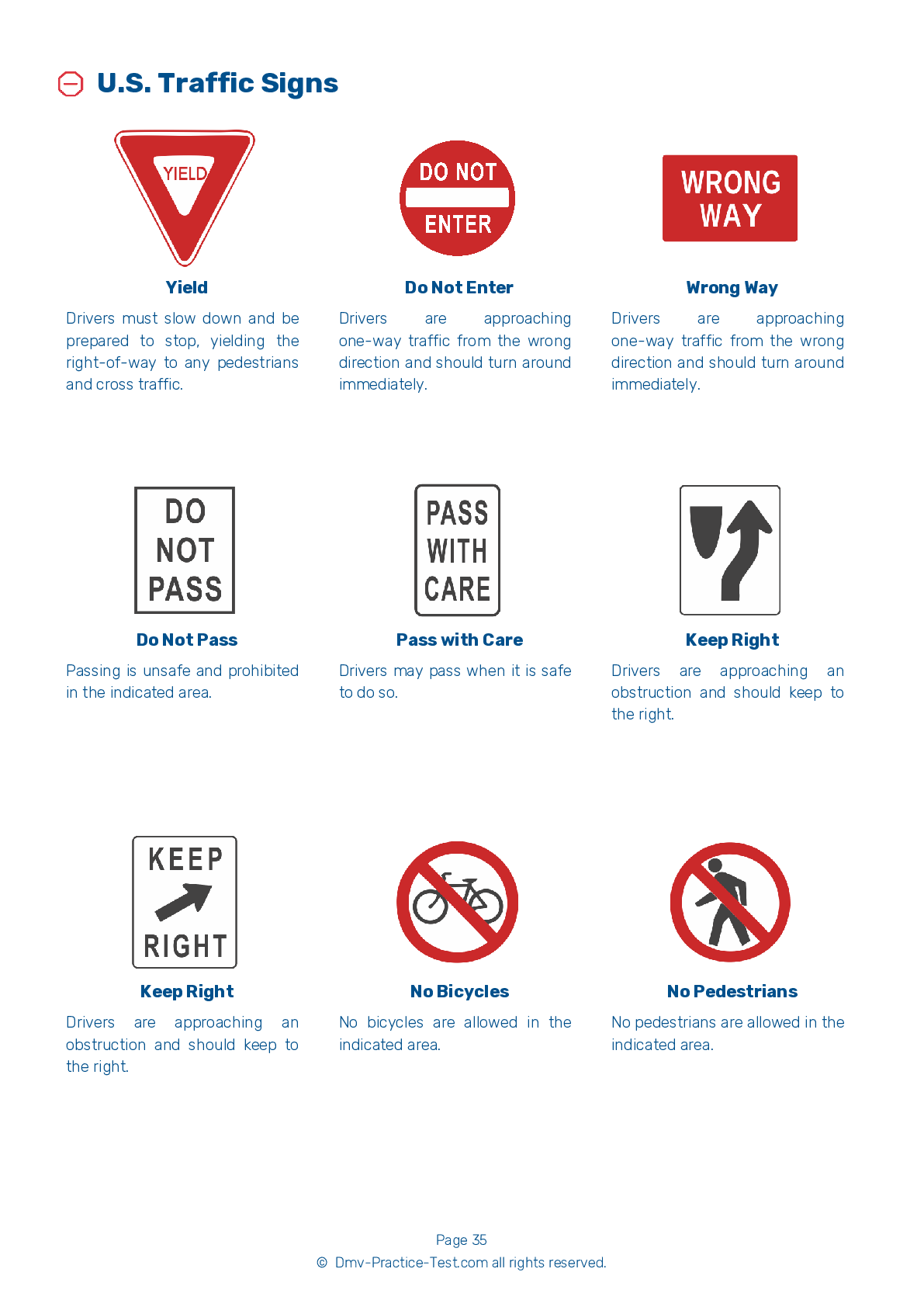FREE Vermont DMV Practice Test #4
The Vermont DMV practise examinations have been updated for January 2025. It includes questions based on the Vermont Driver Handbook's most significant traffic signals and legislation for 2025. Use actual questions that are very similar (often identical!) to the DMV driving permit test and driver's licence exam to study for the DMV driving permit test and driver's licence exam.
On the practise exam, each question gets a tip and explanation to help you remember the concepts. The written component of the official Vermont DMV test will include questions about traffic rules, traffic signs, and driving statutes, as well as knowledge from the Driver Handbook.
To obtain a passing grade, you must correctly answer 16 of the 20 questions. Use the practise exam provided by the Vermont Department of Motor Vehicles to help you prepare for your instruction permit or driver's licence.
The DMV exam is available in several languages.
Using any kind of testing assistance will result in an automatic fail, and the DMV may take additional action against your driver's licence, so stay away from it.
1 . You are driving on a narrow road when you meet an oncoming vehicle. You must:
On narrow roads, you must allow vehicles traveling in the opposite direction at least one-half of the main-traveled portion of the road. Both vehicles must have adequate space in order for the drivers to safely pass one another.
2 . Highway markings:
Highway markings provide information for drivers. Markings help drivers correctly position their vehicles on roadways, inform drivers of safe passing zones, and warn drivers about upcoming conditions.
3 . When making a right turn on a green light, you must:
Unless a posted sign prohibits it, you may turn right or left at a steady green light. When turning, you must yield to other vehicles and pedestrians within the intersection.
4 . This road sign means:
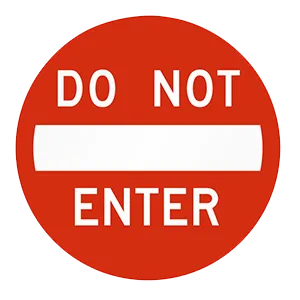
If you drive past these signs, you are going the wrong way and are at risk of a head-on collision. You should cautiously turn around.
5 . A single broken white line down the center of a two-lane road indicates:
White lines are used to separate traffic moving in the same direction. Dashed lines indicate that drivers directly next to the line are permitted to pass when it is safe to do so.
6 . When a vehicle is entering heavy traffic on an interstate:
Drivers entering interstate traffic must yield to vehicles already on the interstate. Use your signal when merging onto the interstate.
Search the best driving school in your neighbourhood
2025 Vermont | Frequently Asked Questions
1. Not checking mirrors and blind spots before changing lanes or turning.
2. Speeding or driving too slowly for the conditions or posted speed limit.
3. Not coming to a complete stop at stop signs or red lights.
4. Incorrect signalling or not signalling at all.
5. Poor parking, especially parallel parking.
Remember, practice makes perfect, so take time to hone your skills.
